Madagascar has lost around half or possibly far more of its original forests and as much as half of the live coral off its coasts, resulting in a significant decline in its unique and endemic wildlife. Nearly all lemur species are threatened with extinction, as are half of the country's chameleons and several species of tenrecs. The island nation, home to a diverse array of flora and fauna found nowhere else on Earth, is facing an unprecedented ecological crisis.
According to Dr. Rakotoarisoa, a conservation biologist at the University of Antananarivo, the situation is dire. "We're seeing a catastrophic decline in the populations of our iconic species, including lemurs, chameleons, and tenrecs," she said. "The loss of their habitats is the primary driver of this decline, and it's a direct result of human activities such as deforestation, logging, and mining." Dr. Rakotoarisoa emphasized that the situation is not just a local issue, but a global one, as the loss of biodiversity in Madagascar has significant implications for the health of the planet.
Madagascar's unique wildlife has long been a source of fascination for scientists and the general public alike. The country is home to over 200 species of birds, including the critically endangered ploughshare tortoise, and its forests are some of the most biodiverse on the planet. However, the country's rapid population growth and economic development have put immense pressure on its natural resources, leading to widespread deforestation and habitat destruction.
International organizations, including the World Wildlife Fund and the International Union for Conservation of Nature, have been working with the Malagasy government to develop conservation strategies and protect the country's remaining forests and wildlife. However, experts say that more needs to be done to address the root causes of the crisis. "We need to put people first and prioritize their needs and livelihoods," said Dr. Rakotoarisoa. "This means investing in sustainable agriculture, reforestation, and eco-tourism, which can provide economic benefits while also protecting the environment."
The current status of Madagascar's wildlife is a stark reminder of the need for urgent action to address the global biodiversity crisis. As the world's leading conservation organizations and governments gather in Paris for the upcoming biodiversity summit, the situation in Madagascar serves as a stark warning of the consequences of inaction. With the clock ticking, experts are calling for immediate and sustained action to protect the country's unique and threatened species, and to preserve the island's natural heritage for future generations.



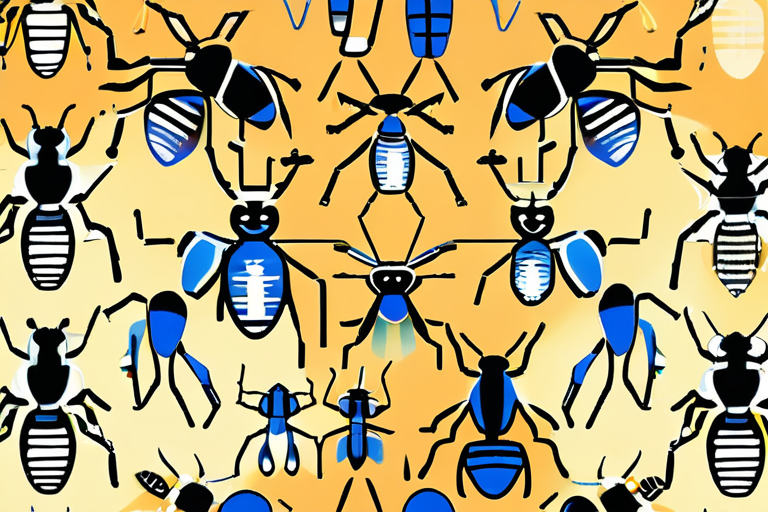
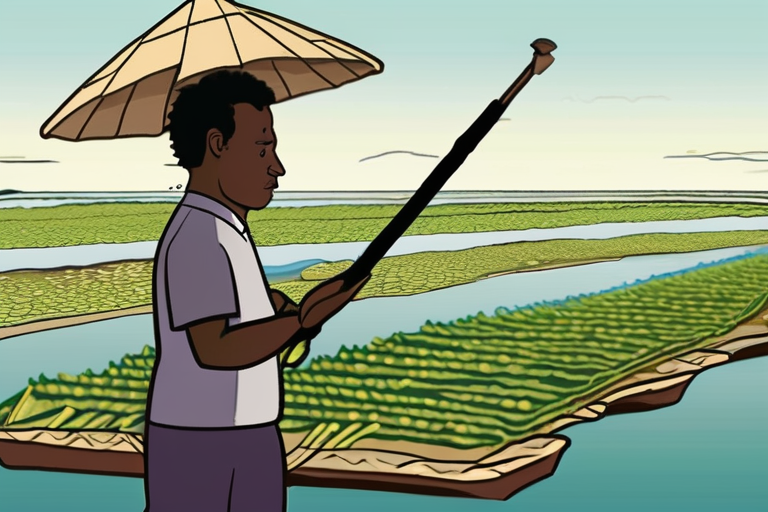
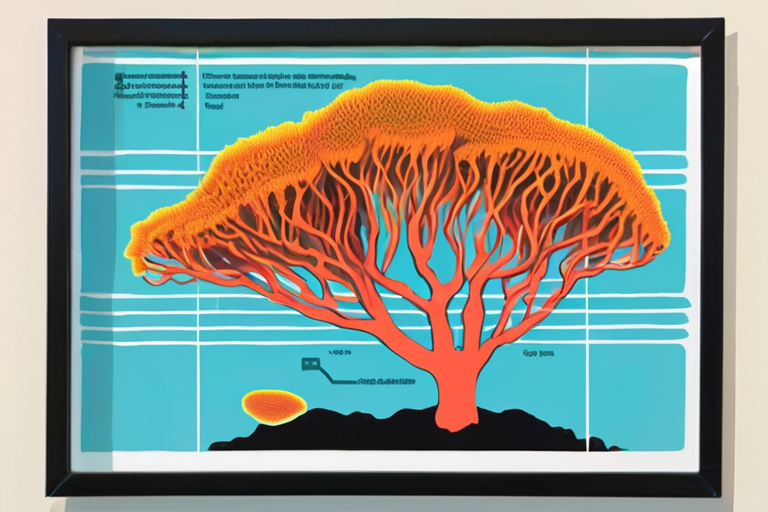


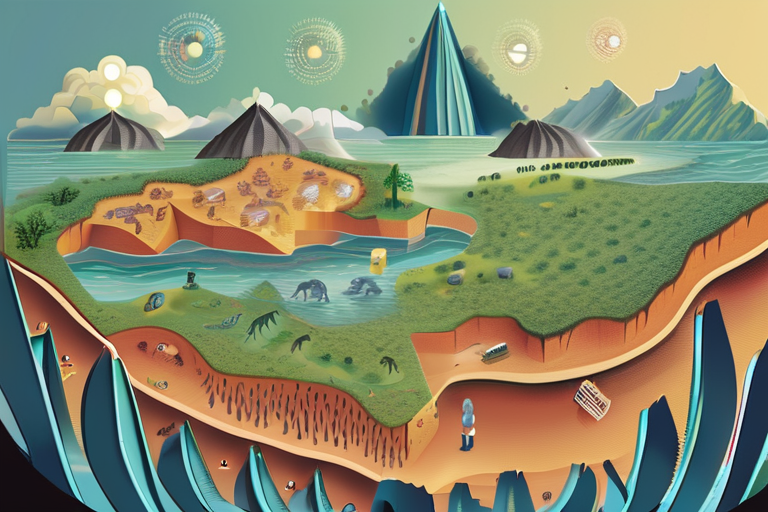
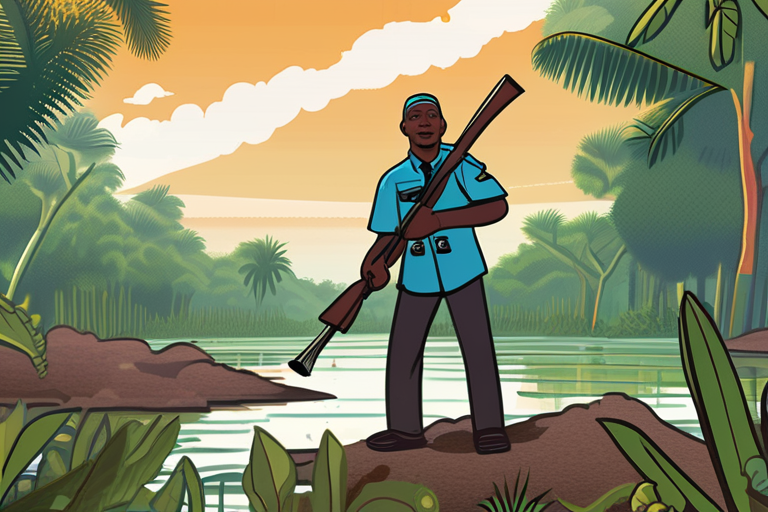
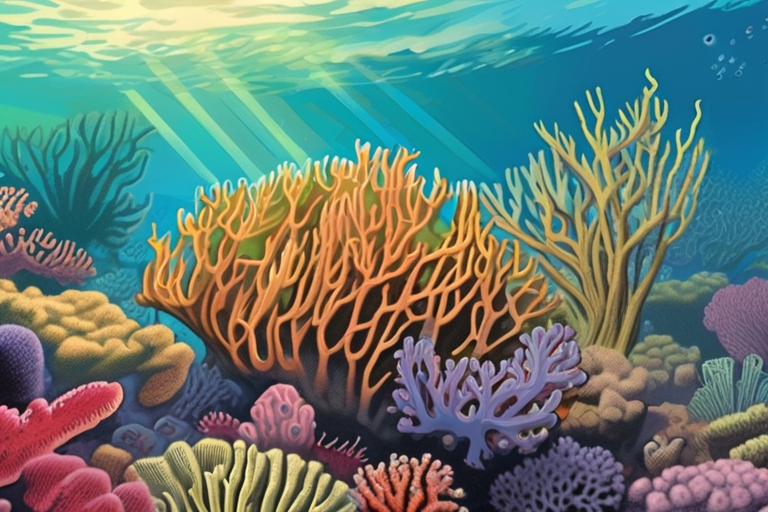
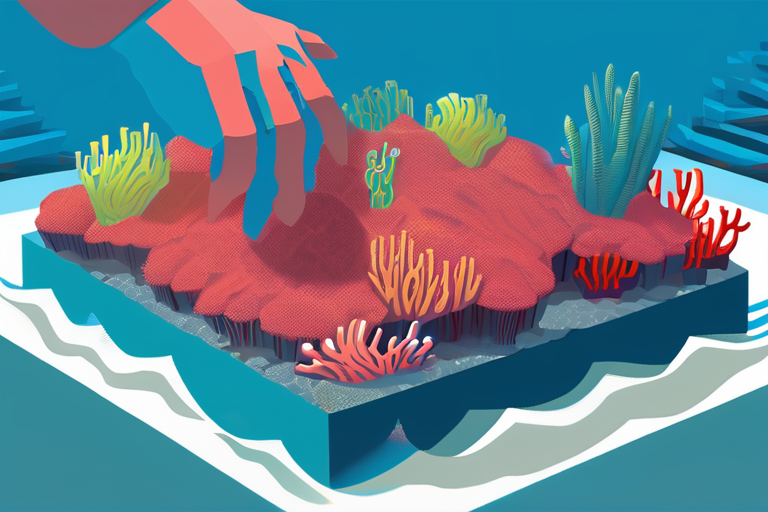
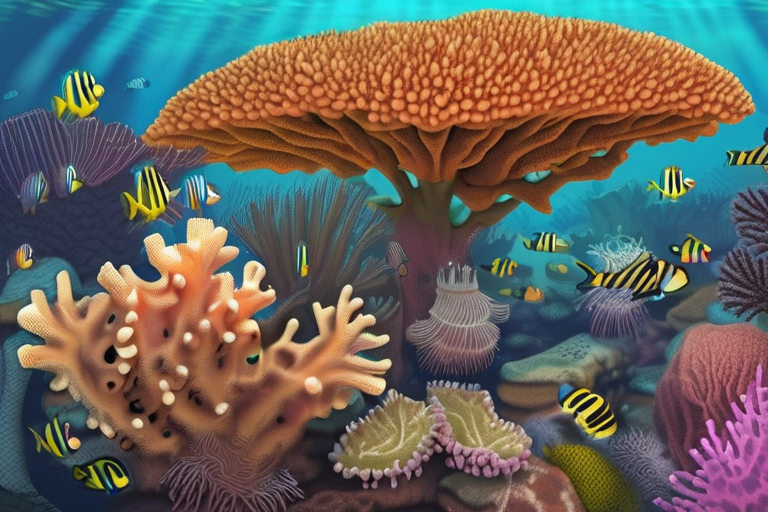


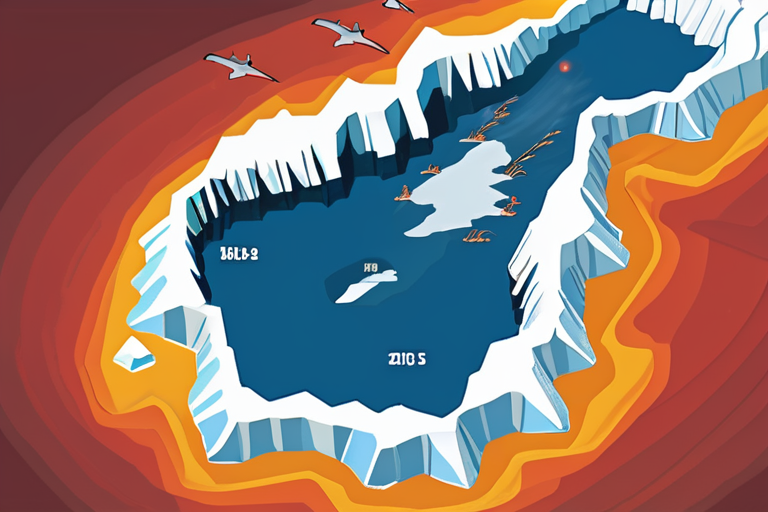

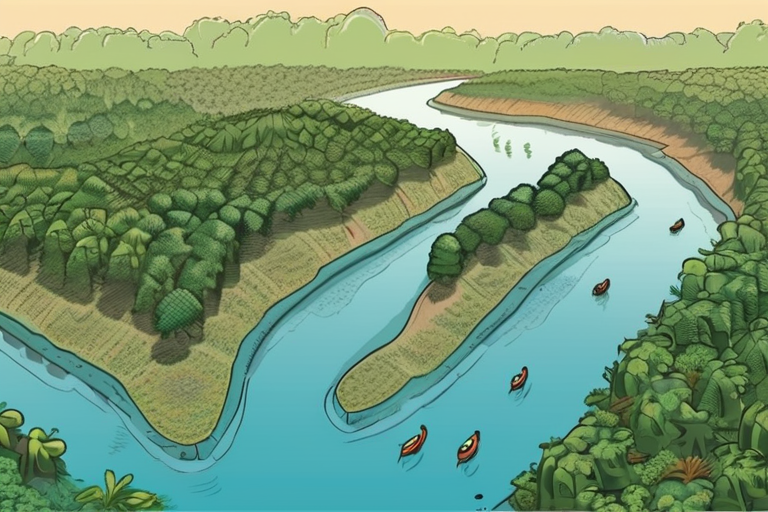

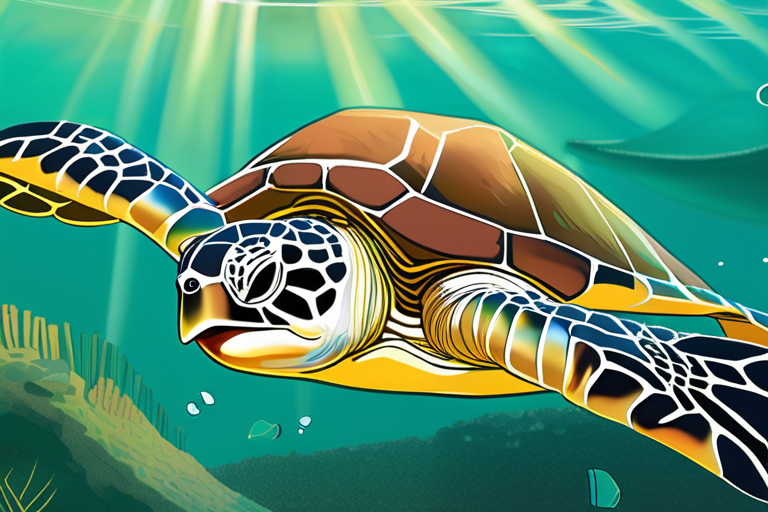
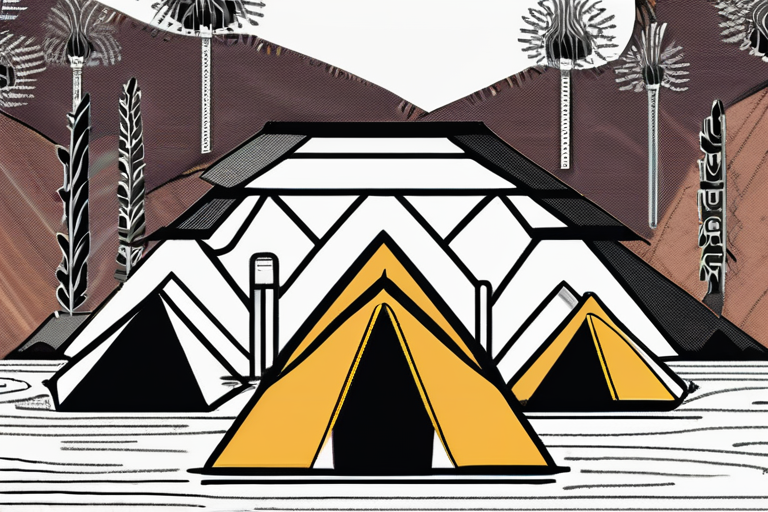
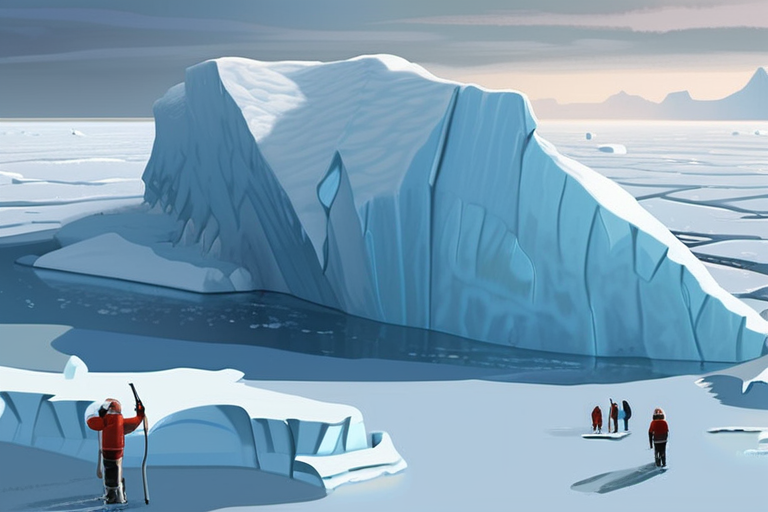
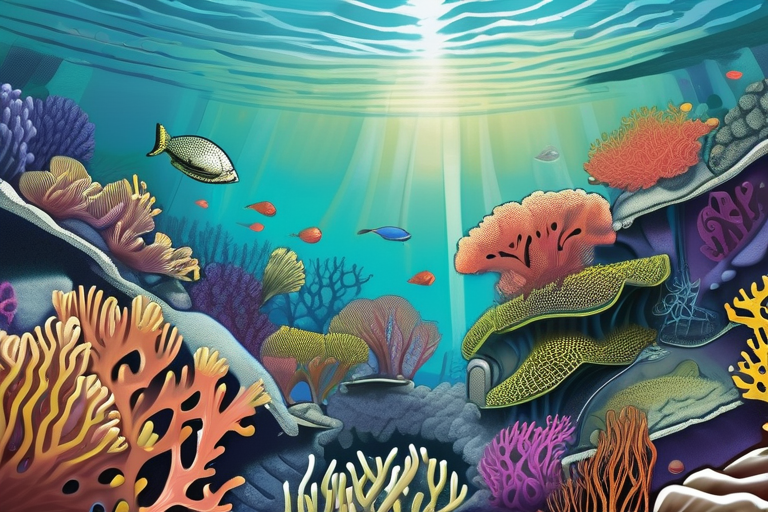



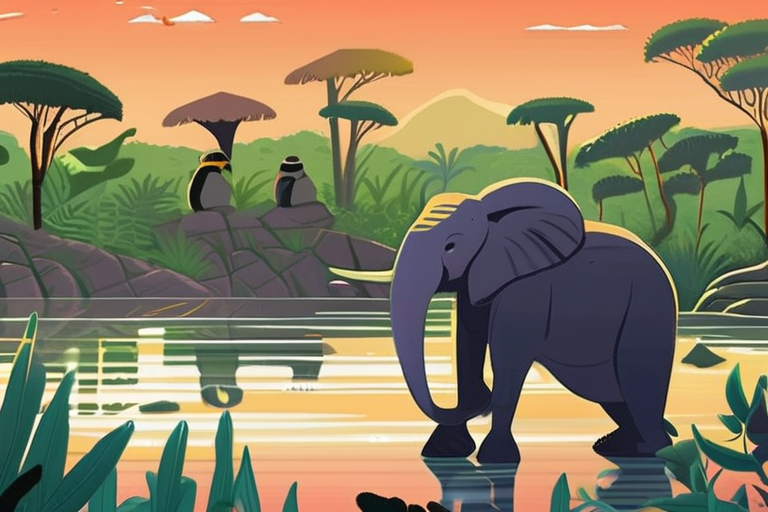
Share & Engage Share
Share this article